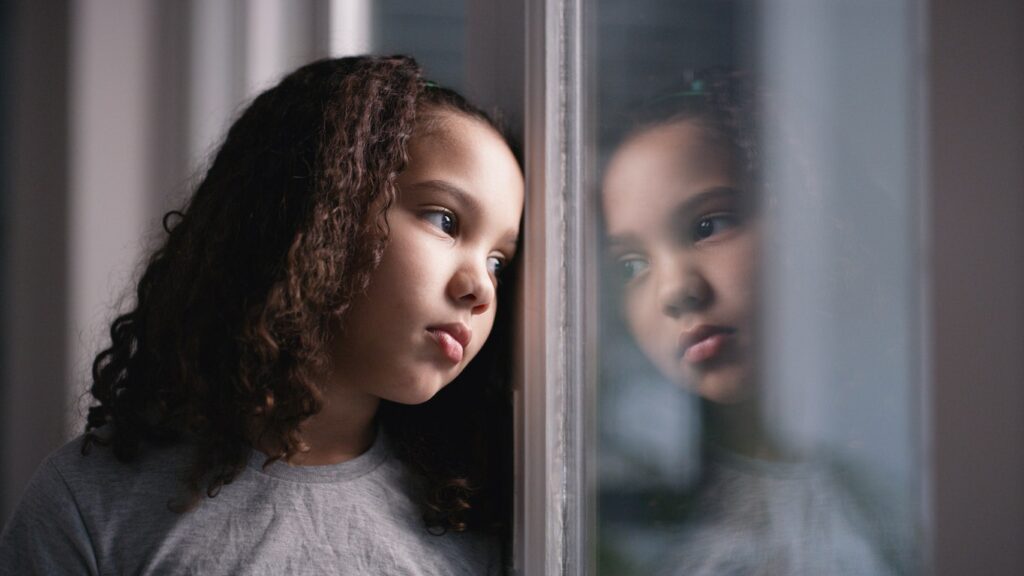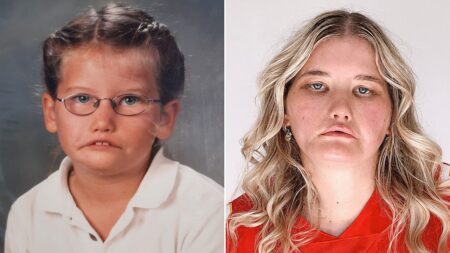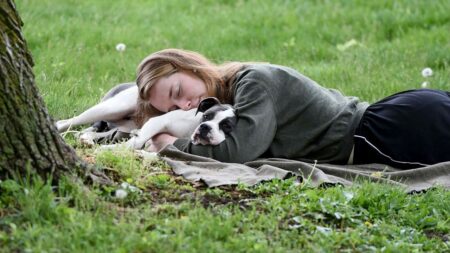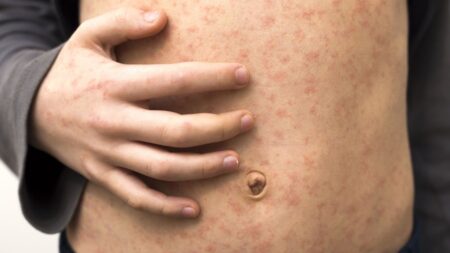People who lose a sibling during childhood or early adulthood could be at a higher risk of developing heart disease at an early age, a new study found.
Researchers from Fudan University in Shanghai, China, and the Chinese University of Hong Kong evaluated more than two million people in Denmark who were born between the years 1978 and 2018.
Among those who had lost a sibling, the average age at the time of the death was 11.
NEW BLOOD PRESSURE PROCEDURE IS ‘GAME-CHANGING’ FOR PEOPLE WITH UNCONTROLLED HYPERTENSION, SAY DOCTORS
Based on 17 years of follow-up data, the researchers found that sibling death in childhood and early adulthood was associated with a 17% increased overall risk of cardiovascular disease.
The data analysis was conducted between Nov. 1, 2021, and Jan. 10, 2022.
The study findings were published in JAMA Network Open on Jan. 8.
The risk was higher among those who lost a twin or younger sibling, as compared to an older sibling, the study found.
“The findings highlight the need for extra attention and support to the bereaved siblings to reduce CVD risk later in life,” the researchers wrote.
Fox News Digital reached out to the study researchers for additional comments.
SLEEPING LONGER OVER THE WEEKEND COULD HELP PREVENT HEART ATTACKS, SAYS STUDY
David Schonfeld, M.D., director of the National Center for School Crisis and Bereavement at Children’s Hospital Los Angeles, was not involved in the study but offered his reaction to the findings.
“Research on the lifelong impact of adverse experiences that occur during childhood has demonstrated the impact on physical health during adulthood,” he told Fox News Digital via email.
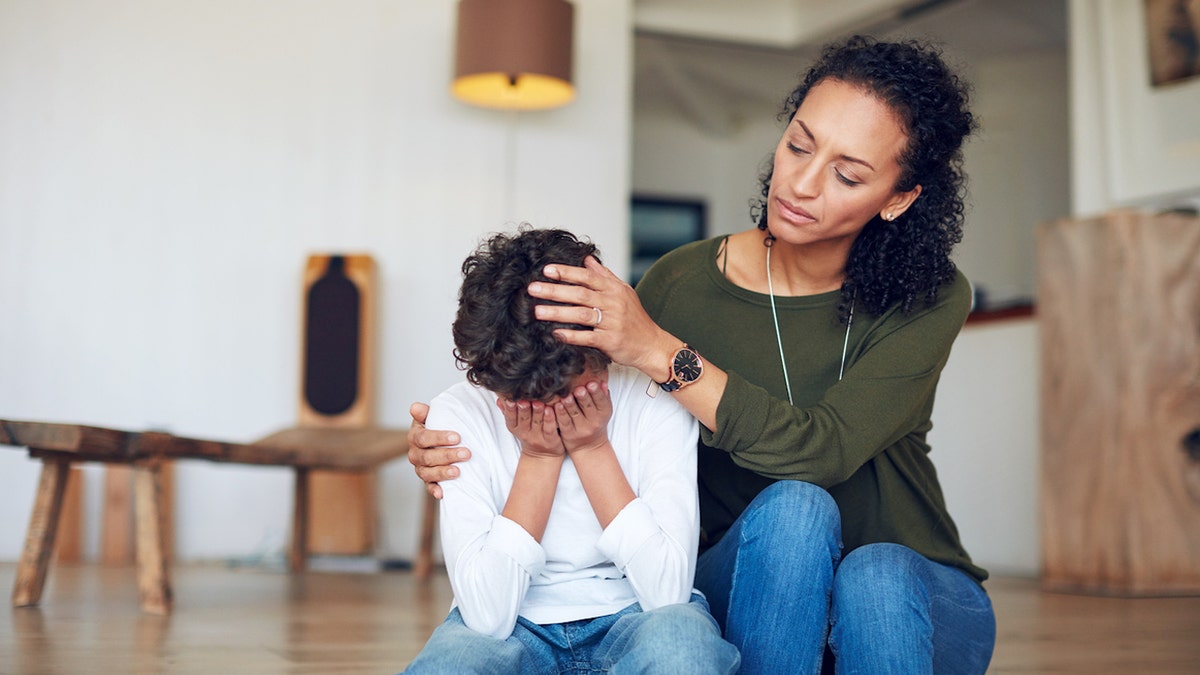
“Although the initial research on adverse childhood experiences did not look specifically at the impact of the death of a close family member, we know that the death of a parent or sibling is one of the most stressful experiences for children and can contribute to short- and long-term effects on the psychological functioning, emotional adjustment and developmental trajectory of children – as well as their physical health,” he added.
“A traumatic event like the loss of a sibling can carry over in a significant way into adulthood.”
Jonathan Kahan, M.D., a cardiologist on staff at Delray Medical Center, part of the Palm Beach Health Network in Florida, who was also not part of the research, acknowledged that trauma from the loss of a loved one can extend well beyond the initial loss.
“This can lead to multiple downstream effects, including chronic stress, survivor’s guilt and a host of other emotional or physical responses,” he told Fox News Digital.
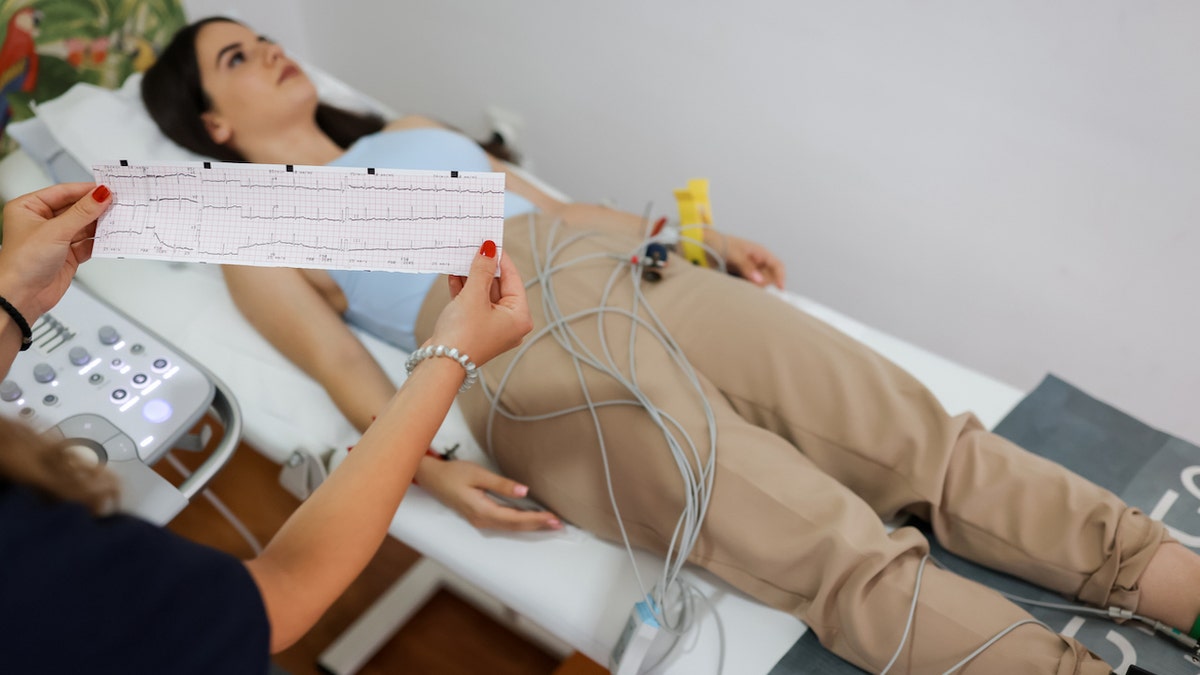
“Chronic stress or chronic guilt is directly linked to cardiovascular disease, which has been shown in multiple studies. A traumatic event like the loss of a sibling can carry over in a significant way into adulthood for those who survive.”
Kahan referred to a condition called Takotsubo cardiomyopathy, also known as “broken-heart syndrome” or stress-induced cardiomyopathy, which tends to happen acutely after the death of a loved one.
CLICK HERE TO SIGN UP FOR OUR HEALTH NEWSLETTER
Based on the findings of this study, Kahan encouraged cardiovascular professionals to expand their focus to non-traditional risk factors for cardiovascular disease, such as loss, bereavement and stress.
“Health care professionals end up focusing on patients during the immediate and acute phase of loss; however, given these findings, the chronic phase of loss should also come into focus,” he said.
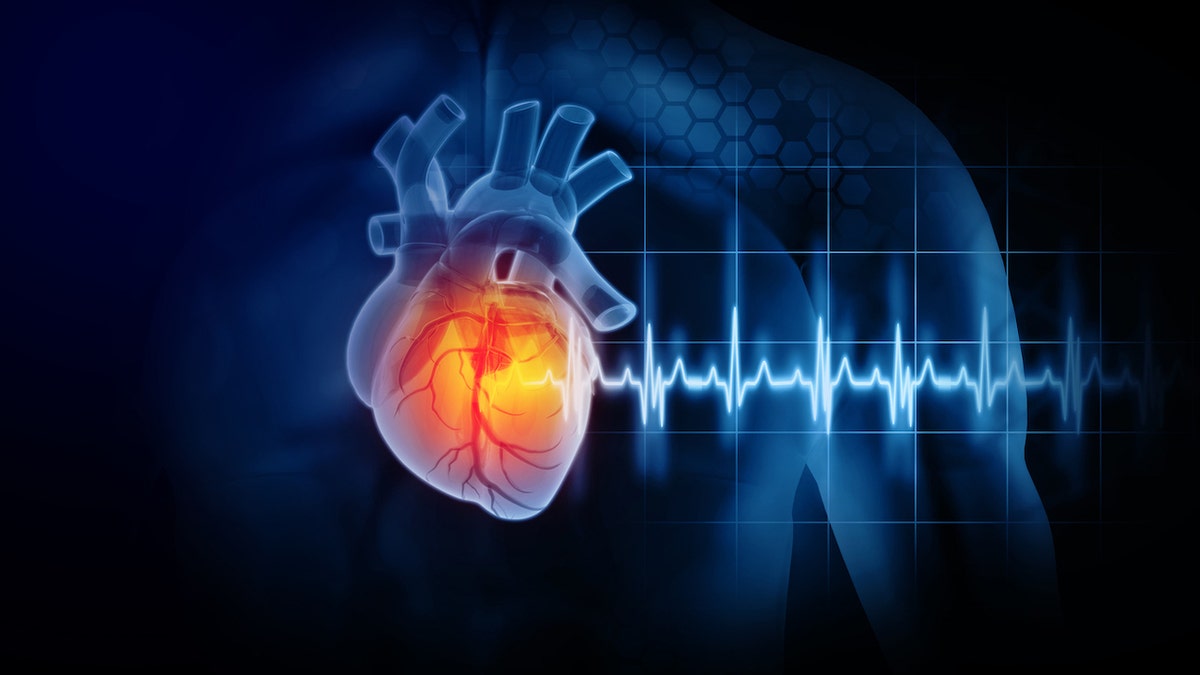
“If a patient has lost a sibling, which many health care professionals screen for when examining family history, this study would give me pause as to whether that loss may still be having an effect.”
And for the person who has lost a sibling — which is a “non-modifiable risk factor” for heart disease — Kahan said it’s important to seek help after the traumatic event, whether emotional, physical or social.
“In my experience, the typical response to grief and trauma from losing a loved one is to internalize their pain, stop exercising and isolate from other social activities, which is the exact opposite of what should be done,” he told Fox News Digital.
“If these practices of isolation, sedation and internalization continue chronically, it will have negative effects on any individual in both the mid and long term.”
For more Health articles, visit www.foxnews.com/health.
Read the full article here




